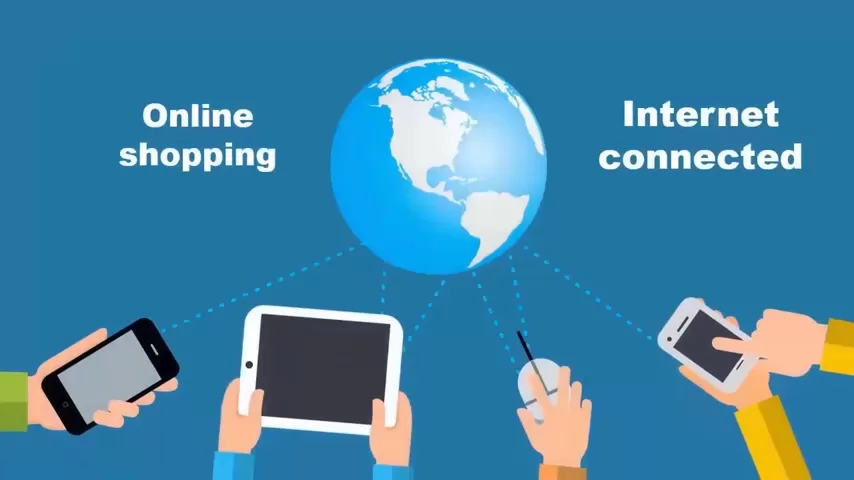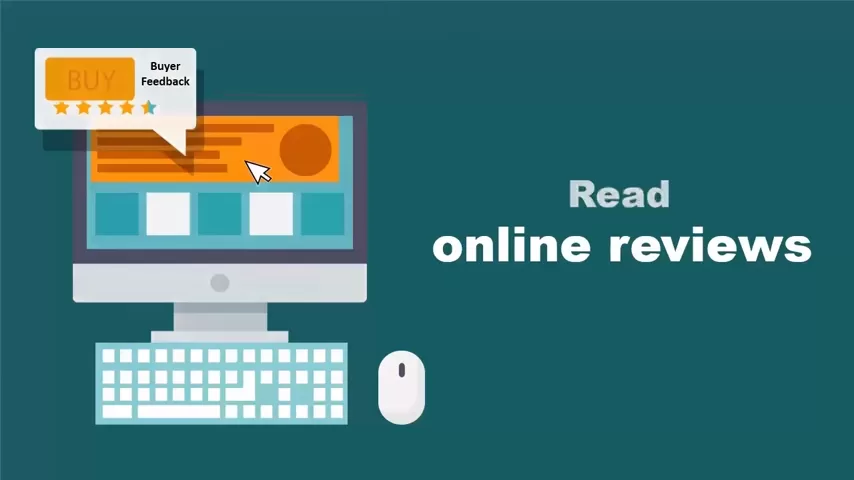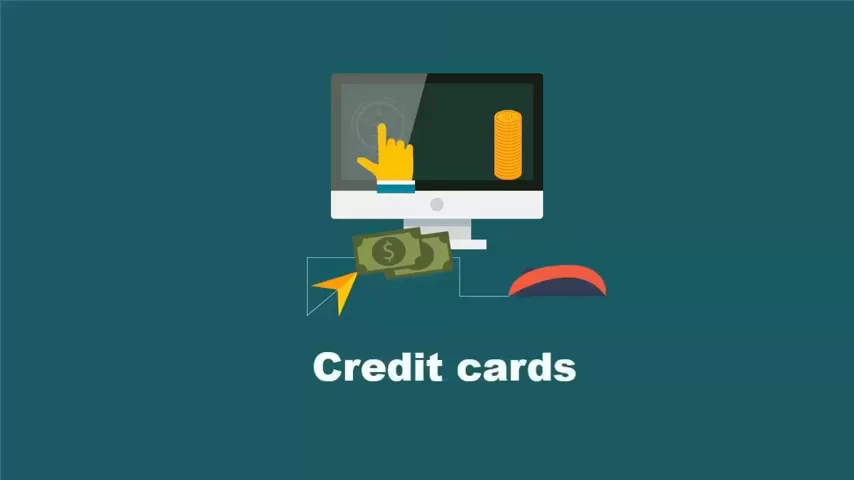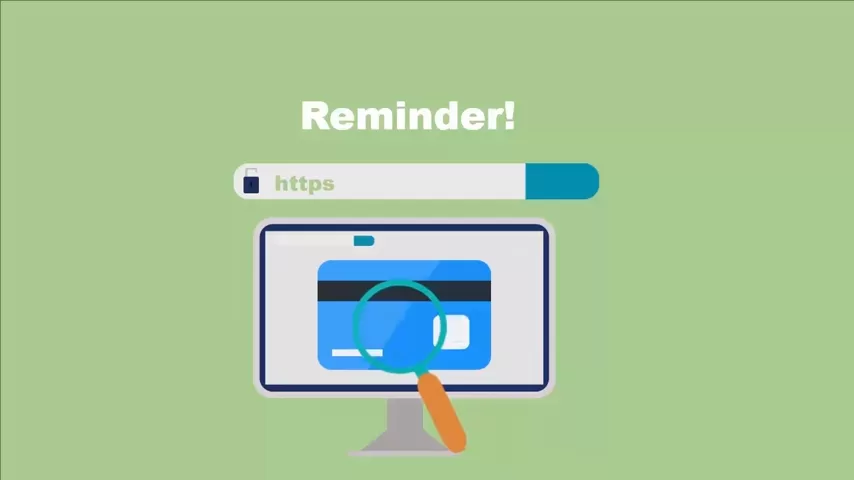The rise of digital gaming has created not only new forms of entertainment but also entire markets around virtual goods and identities. One such phenomenon is the purchase of pre-made gaming accounts — profiles that already come with high levels, exclusive items, or special access. These are widely discussed across various platforms, including resources where arguments are made in favor of account buying as a shortcut to progress or prestige. However, while the practice may appear attractive on the surface, it brings with it a range of complications: technical, ethical, and even legal.
Why Players Buy Gaming Accounts
The main reasons are simple: time, status, and advantage. Modern games — especially online multiplayer ones — often require dozens or even hundreds of hours to reach a competitive level. In games like World of Warcraft, Genshin Impact, or Valorant, progression is tied to time and skill. Not everyone has the patience or availability to start from scratch.
A purchased account gives access to:
- Higher-ranked matchmaking or content
- Rare skins or cosmetic upgrades
- Unlocked characters or tools
- Established in-game reputation
Some users also turn to pre-made accounts for resale, giveaways, or smurfing (playing at lower skill tiers with a stronger account).

The Hidden Risks Behind Pre-Made Accounts
Despite the benefits, buying accounts is far from risk-free. Common issues include:
1. Account Recovery by the Original Owner
Most platforms allow account recovery if original credentials (like creation date or linked email) are known. Sellers often take advantage of this by reclaiming the account after sale.
2. Bans and Policy Violations
Buying accounts is explicitly forbidden in the Terms of Service of nearly all major games. If detected, the account — and sometimes even your IP — can be banned.
3. Scams and Low-Quality Sellers
Without official marketplaces, most transactions happen in grey zones — private forums, Telegram groups, or resale websites. There are no guarantees, and buyers frequently lose money to fake listings.
4. Malware and Data Theft
Some “accounts” come in the form of downloadable files that promise access but actually install keyloggers or trojans.

Ethical and Community Impact
Buying a pre-made account is not just a personal choice — it affects the ecosystem:
- Unfair competitive balance: New players face overpowered accounts not earned through experience.
- Devaluation of in-game achievements: Unlocking a rare item or ranking up becomes less meaningful when others can buy their way in.
- Encouragement of exploitative markets: Sellers may use bots, cheats, or stolen data to create sellable accounts, which harms both games and legitimate players.
The more normalized this behavior becomes, the harder it is to maintain fairness or trust in online communities.
Alternatives to Buying Accounts
Instead of purchasing accounts, players can:
- Use battle passes or XP boosters offered by the game developers.
- Join mentor programs in gaming communities to accelerate learning.
- Play in co-op or team modes to enjoy progress with others.
- Engage in events or time-limited challenges that offer rewards without pay-to-win structures.
Some platforms also offer temporary trial accounts, which allow access to content without committing to a full grind.

Legal Consequences (Yes, Really)
In rare but real cases, game developers have pursued legal action against both account sellers and buyers. While individual users are rarely sued, the growing monetization of accounts — especially in the form of NFTs or linked payment methods — opens up liability concerns, particularly in regions with strict digital laws.
Furthermore, payment processors may freeze funds or decline disputes related to unauthorized virtual goods, leaving buyers with no recourse.
The Role of Platforms and Developers
Game studios have started responding more aggressively:
- Two-factor authentication (2FA) is becoming mandatory in ranked modes.
- Account linking to real-world identity is being tested (especially in Asia).
- Detection tools for unusual login patterns or location mismatches are in place.
- Trade restrictions prevent selling rare items or currency between accounts.
These measures aim to preserve integrity but also limit user freedom — a controversial balance.

Cultural Acceptance: Why This Keeps Happening
Despite all the warnings, account buying is on the rise. Social media glamorizes rare skins or elite status. YouTubers show off “stacked” accounts. Streamers sometimes gift or raffle theirs. The practice becomes normalized, and younger players follow suit.
This cultural acceptance turns a grey-market activity into a badge of honor — further feeding demand.
Final Thoughts
Buying a pre-made gaming account might seem like an easy way to skip the grind, but the risks far outweigh the convenience. Between the possibility of scams, bans, and ethical concerns, players must ask themselves what kind of gaming experience they truly want. Is it about achievement — or appearance? Competition — or shortcuts?
Resources like https://studentopedia.ru/preimushchestva-pokupki-gotovyh-igrovyh-akkauntov.html shed light on the motivations behind the practice, but it’s up to players to make informed, responsible choices. The healthiest communities are built not on purchased status, but on earned progress, shared fun, and mutual respect.


